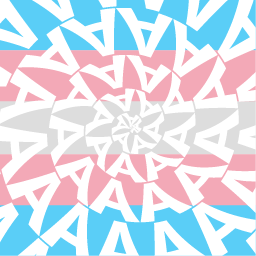I import them into the native books app and it’s good enough that I haven’t had a reason to look elsewhere. You might need to sync with a Mac for this to be an option though—I’m not sure if it can be done without the accompanying MacOS books app.
- 2 Posts
- 7 Comments
 1·1 year ago
1·1 year agoLifestraws are not the most user-friendly filtration device. If you’re really stuck drinking from a muddy puddle you’re probably going to want two bottles, a scrap of fabric as a pre-filter so you don’t clog your actual filter, and a more ergonomic filter (i.e. a sawyer squeeze if on the go, or a gravity bag system if in place). Scoop the mud water with one bottle, pre-filter into the other bottle, then use your filter.
Robert Evans is well-versed in collapse. The Women’s War is a great non-fiction podcast about collapse and the first couple seasons of It Could Happen Here are good for fiction.
I really liked Margaret Killjoy on twitter, did not realize they did a podcast too. Thanks for sharing.
https://www.doomeroptimism.com/ covers a wide-range of topics and often has stellar guest
I think the important thing is to practice good FIFO and buy stuff you actually like. Experiment with different recipes and flavours now. You are not going to want to radically change your diet and how you cook. If you don’t like it now, you won’t like it when you have to eat it. My staples to always have a supply of are black beans, chickpeas, coconut milk, san marzanos, corn and tuna.


They published another version with a longer list of authors. They published this one under three authors since that’s the maximum number you can split a Nobel prize between. Doesn’t necessarily mean it’s the real deal, but it means that the researchers sure think it is.